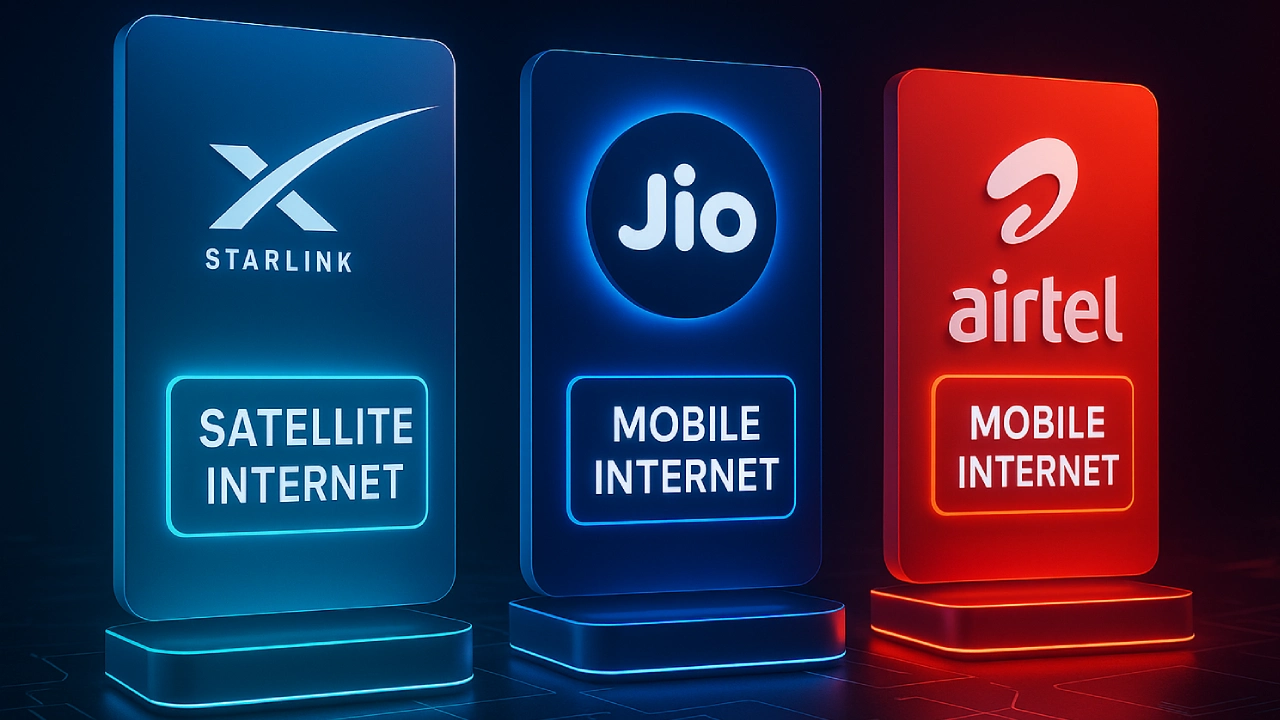Have you ever wondered what the real difference is between Artificial Intelligence (AI) and Machine Learning (ML)? These terms are often used together, but they are not the same.
In this blog, let’s break it down in simple words so you can clearly understand what each means and how they are connected.
What is Artificial Intelligence (AI)?
AI stands for Artificial Intelligence. It refers to machines or software that are designed to act like humans. These systems can think, solve problems, understand language, and even make decisions.
Simple examples of AI:
- Siri or Alexa talking to you
- Self-driving cars
- Chatbots that answer questions (like this one)
AI is a broad field that includes many areas like:
- Learning from data (ML)
- Understanding language (NLP)
- Recognizing images (Computer Vision)
- Making decisions (Planning & Robotics)
What is Machine Learning (ML)?
Machine Learning is a part of AI. It means teaching computers to learn from data. Instead of programming every rule, we give the system data and it learns patterns from it.
Simple examples of ML:
- Netflix recommending movies based on your taste
- Gmail filtering spam emails
- Online shopping sites suggesting products
Machine Learning uses algorithms to:
- Find patterns
- Make predictions
- Get better over time with more data
AI vs Machine Learning: Simple Comparison
| Feature | Artificial Intelligence (AI) | Machine Learning (ML) |
|---|---|---|
| What it is | Machines acting smart like humans | Machines learning from data |
| Scope | Bigger concept | A part of AI |
| Uses data? | Not always | Always |
| Main goal | Make decisions, solve problems | Learn patterns and improve results |
| Examples | ChatGPT, Alexa, robots | YouTube recommendations, spam filter |
How Are AI and ML Connected?
Imagine AI is the brain, and ML is how the brain learns.
So, every ML system is AI, but not all AI is ML. Some AI systems follow rules without learning (like chess-playing bots), while ML systems improve with more data.
Artificial Intelligence (AI) and Machine Learning (ML) are often used interchangeably, but they’re not the same. AI is the broader concept that refers to machines designed to simulate human intelligence—like problem-solving, decision-making, and understanding language. On the other hand, Machine Learning is a subset of AI that focuses on training algorithms to learn patterns from data and improve over time without being explicitly programmed. Simply put, AI is the goal, and ML is one of the ways to achieve it.
Why It Matters
In today’s world, both AI and ML are everywhere — from smartphones to hospitals, and banks to traffic lights. If you want to learn about tech, start a career, or grow a business, knowing the difference between AI and ML helps you make smart decisions.
In everyday applications, you’ll see AI in smart assistants like Siri or Alexa, while ML powers things like product recommendations on Amazon or movie suggestions on Netflix. Understanding the difference helps businesses and individuals choose the right technologies for their needs. As we move deeper into an AI-driven future, knowing how ML fits into the AI puzzle is essential for staying informed and competitive.







